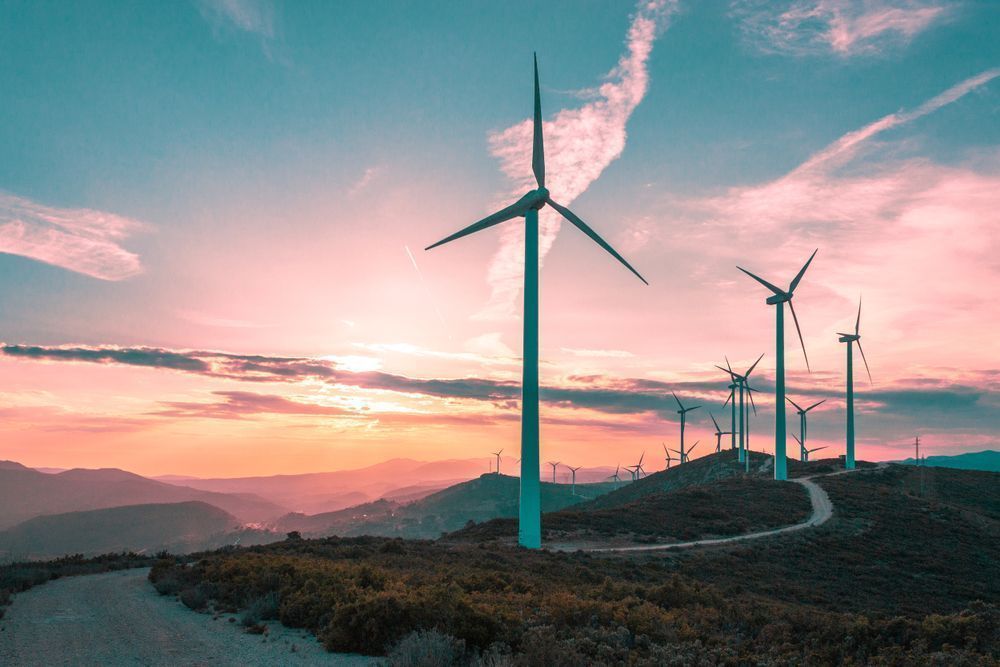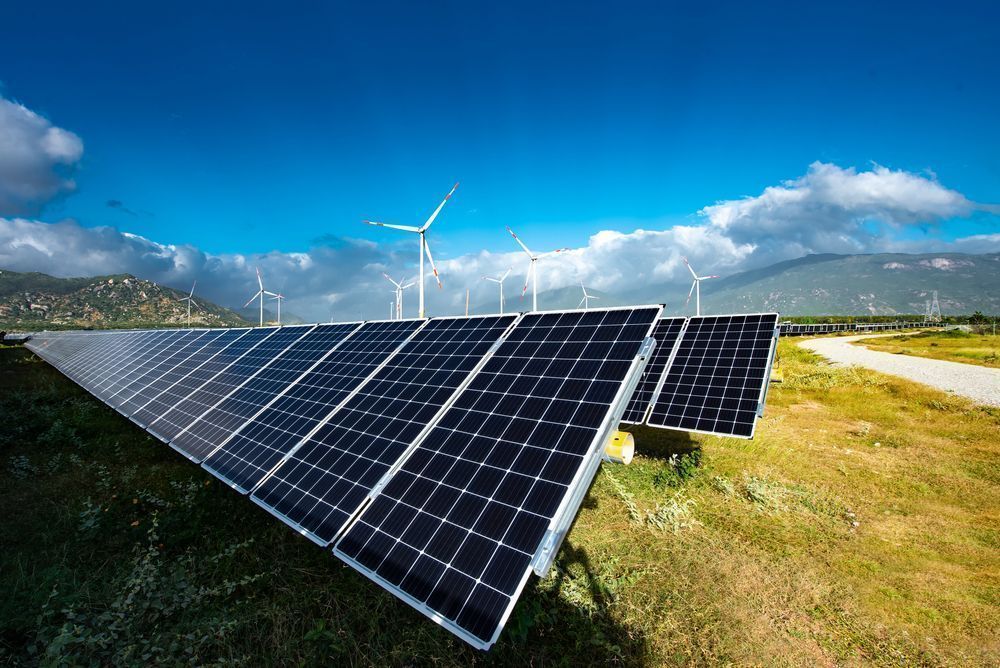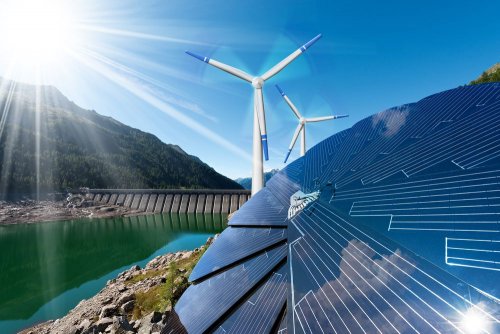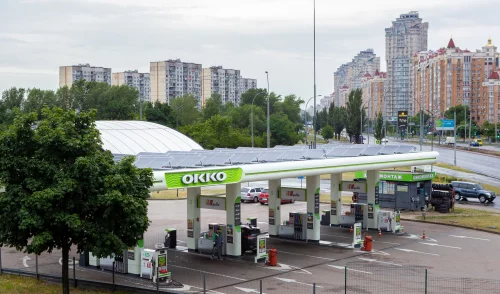In the first half of 2024, wind and solar in the European Union generated more electricity than fossil fuels. The share of these two types of green energy in the energy balance increased to 30%, while the share of energy obtained using fossil fuels amounted to 27%.
These are the results of a new analysis conducted by the Ember analytical center.
It notes that the remaining 43% of the bloc's energy generation comes from hydropower, nuclear power and other sources.
Wind and solar power have already overtaken fossil fuels in 13 EU member states (almost half of all the bloc's states): Austria, Belgium, Denmark, Finland, France, Germany, Hungary, Lithuania, Luxembourg, Portugal, Spain, the Netherlands and Sweden.
Together, these countries provide 70% of the total demand for electricity in the EU, and the remaining 30% is distributed among 14 states. Only 5 years ago, only 4 countries out of 27 produced more electricity from wind and solar than from fossil fuels. They accounted for only 20% of the block's electricity demand.

In Belgium, Germany, Hungary and the Netherlands, in the first half of 2024, wind and solar generated more energy than fossil fuels for the first time.
5 countries account for 75% of the drop in fossil fuel production in the EU during this time: Belgium, France, Germany, Italy and Spain. Germany saw the largest drop due to a more than 25% reduction in coal-fired generation.
Other countries have also made significant progress in renewable energy over the past 6 months. In May, more than half of Spain's electricity was generated from wind and solar energy for the first time in history. In the same month, Poland passed the threshold of a third of electricity produced using RES. And Hungary set records for solar energy production in April, May and June this year.
"In fact, the number of member states that have already passed this milestone is proof that such a transition is possible anywhere in the EU, thanks in part to the distributed nature of wind and solar energy," said Ember analyst Chris Rosslow.
Electricity production from fossil fuels has fallen by 17% since the beginning of the year. Even the recovery of demand after the gas price crisis did not prevent this. The continued active development of wind and solar energy in the EU has outpaced this recovery.
"With the growth of wind and solar energy, the role of fossil fuels is narrowing. We are witnessing historic changes in the energy sector, and they are happening very quickly," says Rosslow.
The decrease in the share of fossil fuels in the first half of 2024 contributed to a reduction of emissions in the EU energy sector by 31% compared to 2022.

Chris Rosslow is confident that if EU member states can maintain the pace of wind and solar energy development set in 2023, then freedom from fossil energy sources will really start to become a reality.
According to experts at the Ember think tank, to support the pace of such a transition to electricity, targeted policies are needed that will remove barriers to the integration of wind and solar energy, including improvements to the electricity grid across Europe.
"Two key priorities should be measures aimed at reducing the time it takes to connect new projects to the electricity grid, as well as increasing the availability of energy storage systems and demand flexibility, which will help to use wind and solar energy as efficiently as possible during periods of its excess," explains Rosslow.
Further simplification of permitting procedures will also be very important for increasing volumes of wind and solar energy. At Ember, we are convinced that the EU also needs simpler rules for retrofitting old wind farms, and permitting procedures should be digitized where possible.
Analysts say that wind and solar energy are now the most competitive sources of new energy. Leading European countries managed to create the right conditions for their prosperity – from ensuring investor confidence to reducing technical and procedural barriers and providing financial incentives.
Before, EcoPolitic told about the forecasts of experts that renewable energy sources will overtake coal in terms of electricity production already in 2025. We also reported that in 2023 the world has renewed annual record for electricity production from RES.





